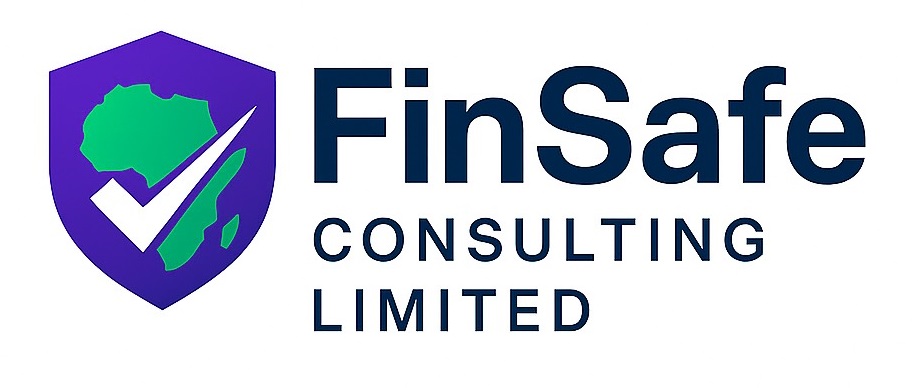Regulatory Audit Rediness – By Finsafe Consulting
When a regulator announces an AML/CFT (Anti-Money Laundering and Countering the Financing of Terrorism) audit, many institutions scramble to prepare.
For some, this is the first real test of whether their compliance program is not just documented — but operational.
Whether your institution is supervised by the Capital Markets Authority (CMA), Institute of Certified Public Accountants of Kenya (ICPAK), the Estate Agents Registration Board (EARB), or directly by the Financial Reporting Centre (FRC) — readiness is key.
A well-prepared institution demonstrates not only compliance with POCAMLA (Proceeds of Crime and Anti-Money Laundering Act) and its regulations, but also a genuine culture of financial integrity.
✅ 1. Review Your AML/CFT Policy and Procedures
Your AML policy is the foundation of compliance. It should clearly outline your institution’s commitment to preventing money laundering and terrorist financing, while your procedures define how that commitment is implemented daily.
Check for:
- Alignment with POCAMLA and the POCAML Regulations.
- Board approval and documented version control.
- Practical coverage of key areas — Customer Due Diligence (CDD), Enhanced Due Diligence (EDD), Suspicious Transaction Reporting (STR), training, and record-keeping.
✅ 2. Conduct or Update Your AML Risk Assessment
Regulators expect to see a comprehensive risk assessment that identifies and evaluates your institution’s exposure across:
- Customer types
- Products and services
- Delivery channels
- Geographic exposure
Your assessment should be updated annually, or whenever significant changes occur (e.g., new products, onboarding channels, or customer demographics).
✅ 3. Strengthen Governance and MLRO Oversight
The Money Laundering Reporting Officer (MLRO) plays a pivotal role in ensuring compliance is not just a policy but a daily practice.
Ensure you can demonstrate:
- Clear reporting lines and accountability.
- Regular AML discussions documented in board or management minutes.
- Escalation processes for suspicious activity.
✅ 4. Evidence of AML Training
Training records are one of the first things regulators request. Your institution should show:
- Annual AML/CFT training for all employees.
- Specialized training for higher-risk departments (e.g., onboarding, operations, or treasury).
- Updated materials reflecting current typologies and regulatory guidance.
✅ 5. Suspicious Transaction Reporting (STR)
Auditors will assess whether your institution has:
- A functional process for identifying and reporting suspicious activity.
- Evidence of filed STRs to the FRC (or justification for none).
- Secure, confidential reporting channels internally.
✅ 6. Customer Due Diligence (CDD) Documentation
Regulators will review your customer files closely. Ensure they are:
- Complete and consistent across all customers.
- Updated periodically, especially for high-risk clients.
- Include EDD documentation where enhanced scrutiny was applied.
✅ 7. Record Keeping and Internal Reviews
POCAMLA requires institutions to retain records for at least seven years. You should also have evidence of:
- Internal compliance reviews or audits of your AML/CFT framework.
- Corrective actions documented and tracked.
💡 Pro Tip: Don’t Wait for an Audit Notice
Regulators expect proactive compliance, not reactive cleanup.
Institutions that maintain readiness throughout the year demonstrate maturity and reduce the risk of administrative sanctions or reputational damage.
🧩 How Finsafe Consulting Can Help
At Finsafe Consulting, we’ve supported SACCOs, fintechs, real estate firms, and other reporting institutions to prepare for FRC and other regulatory AML/CFT audits.
Our support covers:
- AML policy drafting and review
- Risk assessment development
- Staff training and board awareness
- Pre-audit readiness checks
If your institution is expecting a regulatory audit — or simply wants to strengthen its AML/CFT framework — we can help you get everything in place.
👉 Connect with us on LinkedIn or reach out via our contact page to schedule a consultative session.
